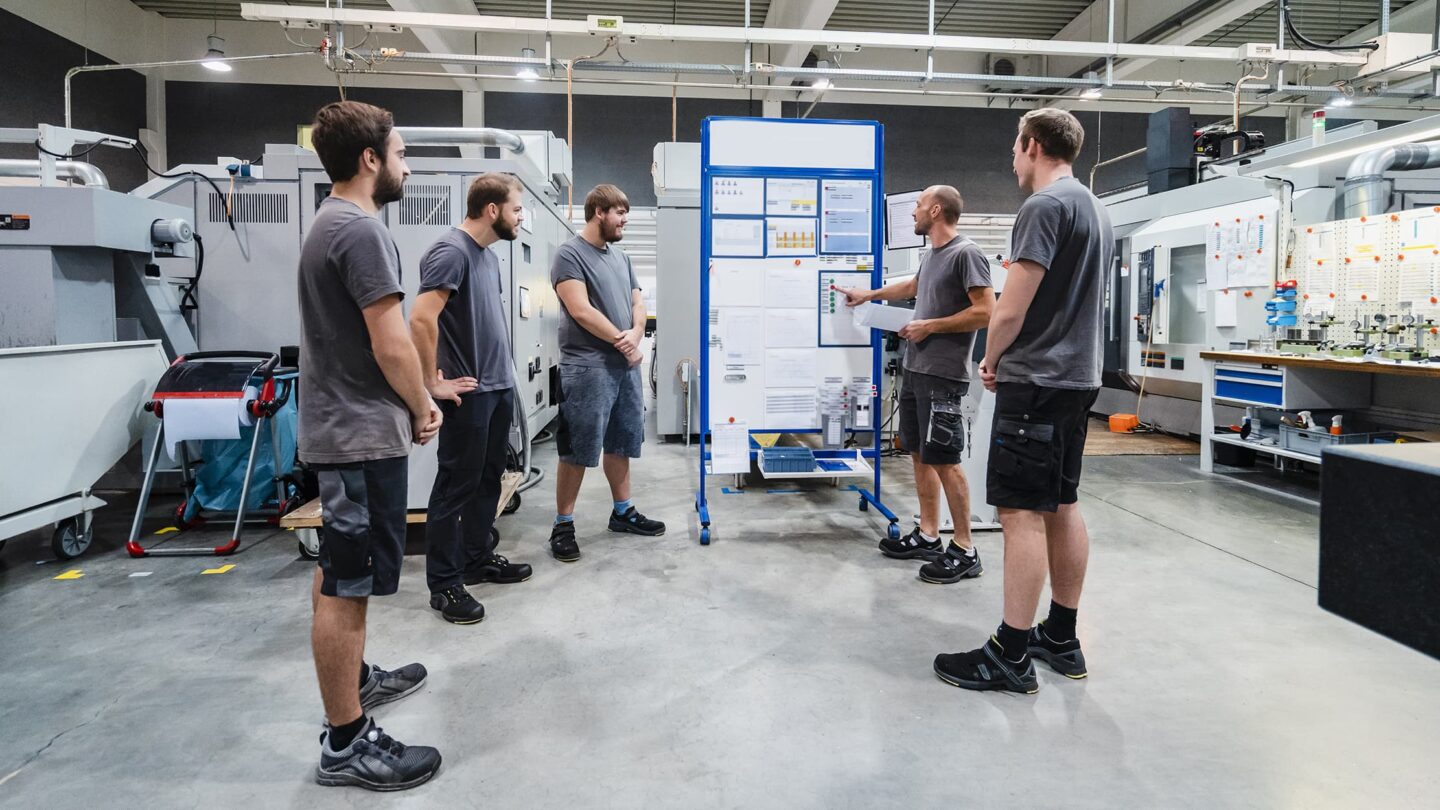Strategy, Legal & Operations
How to run a resilient business during coronavirus
Tony Price from PwC reveals what his clients are learning from the coronavirus outbreak to build resilience and shares tips for businesses.

A chartered accountant by trade and fellow of the Institute of Chartered Accountants in Ireland, Tony Price has been a partner at PwC for 25 years, working with Sage for around two decades in helping small and medium-sized businesses grow.
We grilled the PwC partner, on our latest podcast, about what his clients are learning from the coronavirus outbreak to move forward and build resilience, and what you can learn from it.
What are the biggest challenges you see around coronavirus?
Before coronavirus (COVID-19), many businesses were tinkering with the cloud and slowly changing how they operated. Many had cloud strategies in the pipeline or on the drawing board.
Some firms had cloud and remote access solutions installed, but which only worked for a fraction of the full workforce once the pandemic hit.
So, over the many weeks of lockdown, businesses have had to learn to change, adapt, and embrace new technology and ways of working at breakneck speed. Some have stepped into a new way of working quickly, but with others, it has been more challenging and is taking more time.
What examples have you seen of businesses struggling with coronavirus?
When coronavirus hit, many businesses found their business support models were not resilient, while IT was not scalable.
I had a client who had tested all of their virtual systems, expecting that a small percentage of their people would need to connect at the same time.
When all of their employees had to use it due to coronavirus, it could not cope. They had to prioritise available systems for customer-facing staff and shut down the whole back office.
It took them three months to get into a position of having the right scalability and infrastructure to allow their entire business to function.
I have also seen many finance functions too reliant on the knowledge of individual people.
They had not documented their processes, which meant that if a member of the team was out of action, the finance function could not run properly.
This seems like a simple fix, but over and over again, I saw businesses with employees that had been directly or indirectly affected by coronavirus, and nobody had any idea what they did.
Having processes well documented and understood is crucial.
Can coronavirus be a catalyst for positive change?
We have all been hit pretty hard by coronavirus, and I do not want to belittle the human disasters it has brought to us.
However, I like to step back and reflect on a quote from Winston Churchill that was extensively quoted after the financial crisis of 10 years ago – “Never waste a good crisis.”
The Churchill quote is just a reflection that I have seen things changing in a few weeks that haven’t moved forward for years. Coronavirus could be a point of focus – a catalyst for change to get on and use the technology that we have invested in to finally change our ways of working – or acquire new technology.
Is every business a startup right now?
Buying decisions have sped up frantically, creating an incredible opportunity for cloud transition. Over the years, I have been a keen observer of how decisions get made for businesses large and small.
Usually, entrepreneurism loses out to a need for the long, drawn-out consensual process when making decisions that generally takes a very long time.
But coronavirus has forced established companies to work like startups.
They are making decisions faster than they have ever made them before. They are making big decisions around business transformation or replacing systems at speeds I have not seen in my 25 years of experience.
I have a medium-sized client whose business and pipeline has almost disappeared due to the pandemic. I talk to them nearly every day, and they are saying: “Look, let’s get on with it. We have a once-in-a-generation opportunity to change our business, so let’s make those changes.
“Let’s get the right technology in place. Let’s get on to the cloud. Let’s get a model that is cost-effective, future-proofed, and will move us forward.”
Without coronavirus, I might have been sitting with the client in two years waiting for them to make a decision. With coronavirus, the pace of decisions is swift, and the need for businesses need to change has never been more pressing.
Why does digital transformation matter in a post-coronavirus world?
Now, cloud projects that were low on the agenda for years are suddenly at the top.
You have got to think about your customers – what is important to them at any minute? How do you engage customers and make your business work when there is no paper involved?
How do you get one system to talk to another system?
For me, the basic building block is to get your finance systems on the cloud, get it all connected.
At PwC, we can see our real pipeline daily, as we are connected to real-time information, with a standard data model right across our organisation.
We can see day to day what is impacting our business, and we can predict with reasonable certainty what our sales conversion is going to be. We know where all our people are. We know where all our debts are.
We know what is happening with our clients.
Every business wants to be agile. Every company wants to be flexible, scalable, and robust. And those words now play heavily into the boardrooms of our clients and investors.
Businesses everywhere are accelerating digital transformation plans, and that means demand for good Software as a Service (SaaS) solutions.
The shutdown might be a perfect time to get a better business model quickly and cost-efficiently, with minimal interference with your current customer base as you are ever likely to get.
How can a business plan and strategise for the future?
Mike Tyson once said: “Everyone has a plan until you get a punch in the mouth.” Coronavirus was the punch in the mouth.
If there’s anything that the recent disruption has taught us, it’s that we can’t foresee everything. However, we can be ready for the unexpected, though.
Cloud technologies offer businesses just that. The scalability, flexibility, and resilience to meet challenges as they happen.
The world was unpredictable before coronavirus and will be afterwards. Any time we make a plan or a model, we stress test it, we look at the risks. We look at contingencies and mitigating the risks.
But for me, good businesses go back and look at the quality of the plans and the quality of contingencies. If you had contingency plans, did they work? What are the lessons you have learned, and what are you doing differently as a result?
Plan better and have better contingencies.
Take this more seriously, because there’s a real chance that these contingency arrangements be needed. That is the message I would give to all businesses.
Do not use coronavirus as an excuse not to plan. Coronavirus is the reason to plan better.
What are your top three tips?
1. Be resilient
What is your backup plan? Have you tested it? Is it credible? For example, we see a lot of businesses with overseas operations, who had no real plan B and have suffered from disrupted operations.
2. Get everything on the cloud
There is no reason why you cannot use cloud systems, whether they are sales, pipeline, accounting systems, HR systems, etc.
There are currently very few reasons not to use cloud systems.
3. Document your processes
How well established all your procedures? Are they written down? Are they optimal? Could someone run your business by reading your processes?
In recovering and thriving after coronavirus, you’ve got to now plan for things not being as you expect, and you’ve got to assume that this is now the new way of doing business.
Podcast: How to run a resilient business during Covid-19
Tony Price, Partner at PwC, discusses what clients are prioritising right now and how to ensure your business becomes more resilient after COVID-19.







Ask the author a question or share your advice